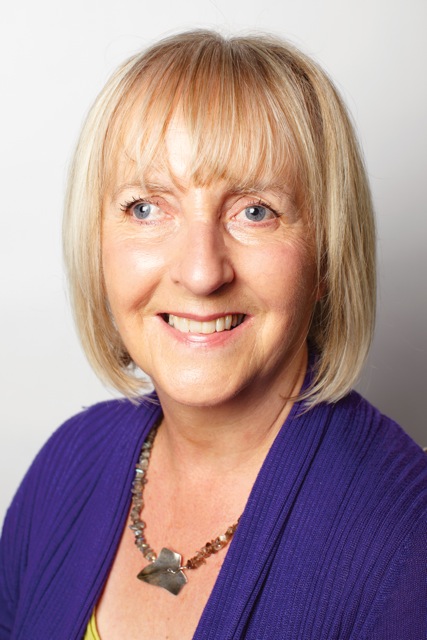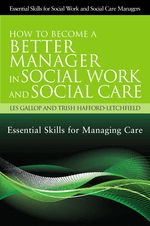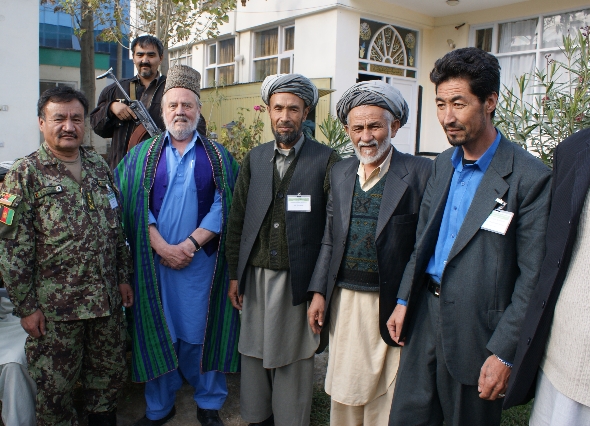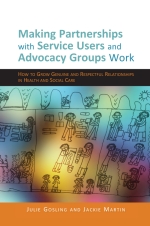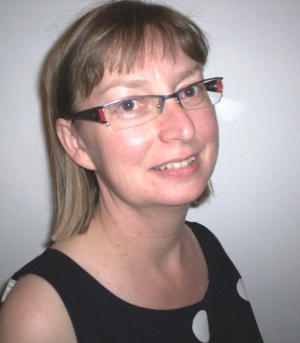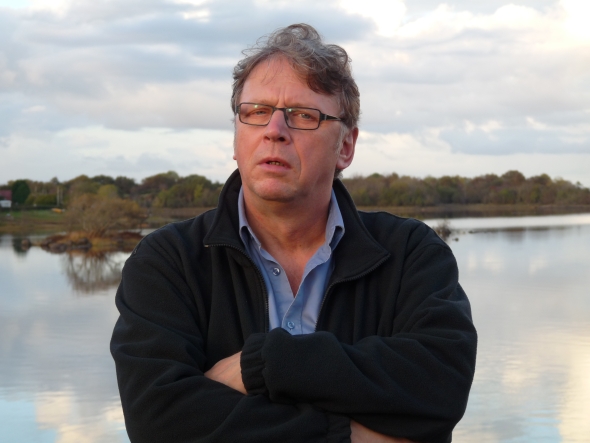How Positive Psychology can help children be happy, confident and successful – An Interview with Jeni Hooper
“Professionals and parents want the best for children and need to know how to guide them through childhood. Positive Psychology provides the evidence on which to base decisions. For example, we know that optimism is invaluable to mental health because it encourages people to be hopeful and take good care of themselves. It helps people stave off depression by reframing challenging experiences and it increases people’s overall happiness.”
